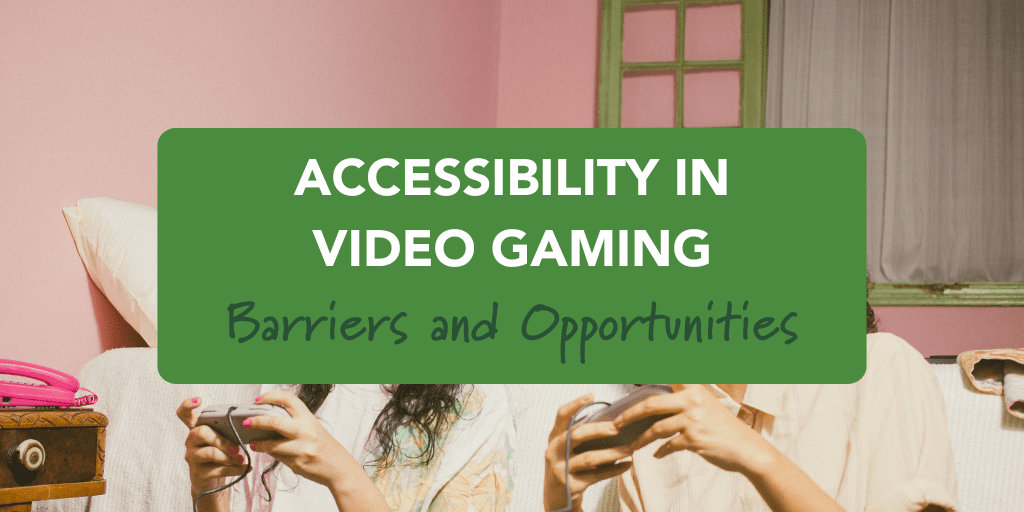A common way to stay social and blow off steam, video games can be an enjoyable hobby for anyone, including gamers with disabilities. Even so, accessibility in gaming is lacking. In our last blog, we discussed some recent improvements to accessibility in gaming, namely in regards to adaptive controllers that allow people with disabilities to play the games they want to. However, even these new options come with a series of accessibility issues. In this blog, we discuss one of the largest roadblocks to accessibility in gaming, as well as resources present to get past this obstacle.
The unfortunate fact of life is that for many people, accessibility is expensive, especially when it comes to hobby and pastime related expenses. For many people with severe disabilities, healthcare costs are debilitating, and while there are often resources to help cover costs of necessary assistance, it is much more difficult to get help with the costs of “non-essentials”.
Part of the issue with adaptive controllers is that there is simply no one-size-fits-all solution. Some gamers need much more comprehensive support in order to play the games that they want – and the costs for bespoke systems to address particular needs certainly add up. While there are some workarounds for this, like “homebrew” systems, developed specifically to expand the function of gaming hardware; the fact remains that “luxury” and “recreational” equipment is still costly, and harder to get financial assistance for.
Luckily, resources exist. A very small selection of resources available include:
A nonprofit organization focused on “Creating opportunities that enable play in order to combat social isolation, foster inclusive communities, and improve the quality of life for people with disabilities,” that includes a wide variety of resources for gamers with disabilities.
An organization that “has been supplying free (or almost free) controller modifications to gamers with disabilities or limb differences for over 10 years. [Their] mission is to design and 3D-print affordable solutions that help to remove barriers that prevent people from playing video games;”
Structured to be a resource for those interested in learning more about adaptive video gaming. Their website provides information ranging from general overviews of adaptive controllers to the nitty gritty details on how to set up specific adaptive controllers for users.
Videogaming can be a powerful tool to combat social isolation and allow anyone — with any range of abilities — to engage in play and recreation. The path to a more accessible gaming world has been started, but there is much more work to be done.
